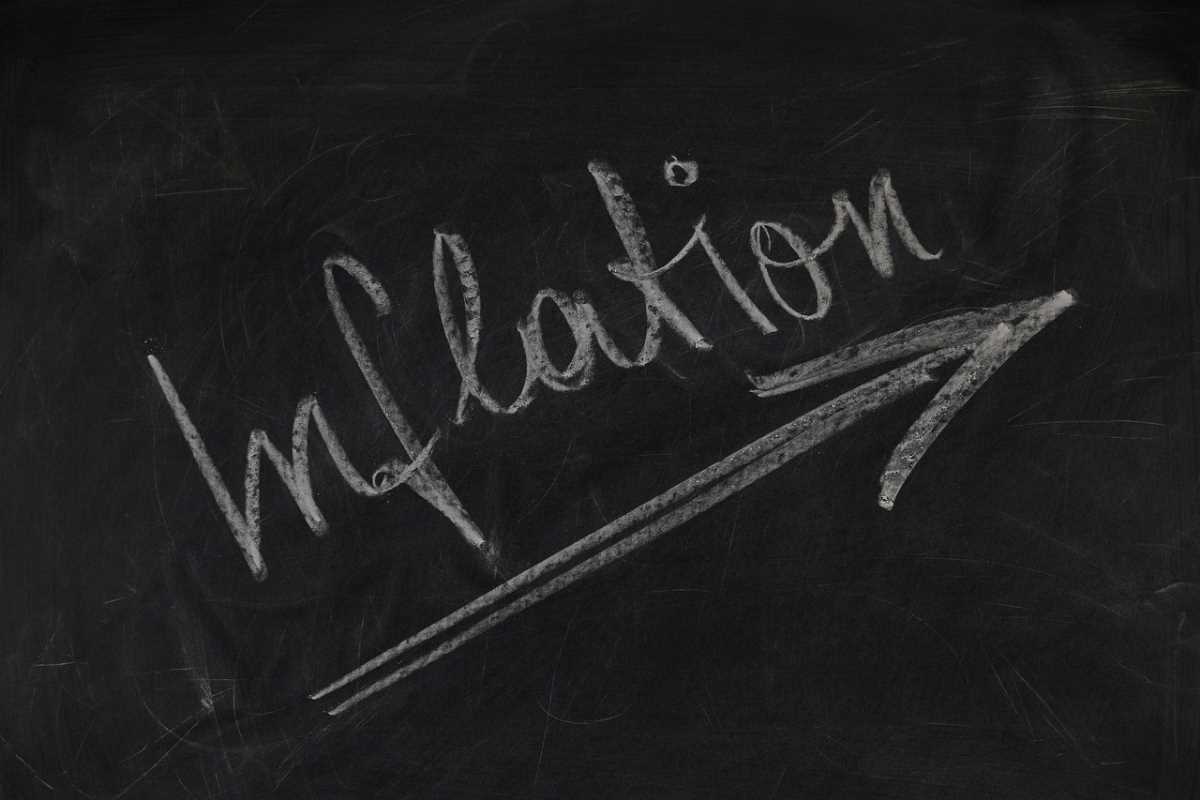 Image: Pixabay In June, Brazil's annual inflation reached its lowest level since September 2020, signaling a major change in the national economic outlook. Notably, prices decreased by 0.08% month-on-month, registering deflation for the first time since September last year.
Image: Pixabay In June, Brazil's annual inflation reached its lowest level since September 2020, signaling a major change in the national economic outlook. Notably, prices decreased by 0.08% month-on-month, registering deflation for the first time since September last year.Government policies, global market conditions and consumer behavior play an important role in determining inflation rates.
An interesting aspect of this analysis is the observation of the financial market and its relationship with economic volatility. For example, many traders use platforms like IQ Option Signal Room to track market movements in real time. This platform provides valuable information about market trends and helps users make informed decisions about their investments.
And what are the implications for monetary policy? These indicators reinforce expectations that the Central Bank of Brazil will reduce interest rates in the near future. What was it like before? It is important to remember that the Central Bank of Brazil has been experiencing a tight monetary environment since the beginning of 2021, with the Selick base rate reaching 13.75%, the highest level in six years. With much of that work done, economists are now debating the scale of the next cuts.
According to data from the Brazilian Institute of Geography and Statistics (IBGE), annual inflation in Latin America's largest economy slowed to 3.16% in June, from 3.94% in May, in line with market expectations of 3.17 %.
What are economists’ projections? Economists are divided on whether to cut rates. Capital Economics predicts a 25 basis point reduction in the Selick rate to 13.50%, but notes that the risks are moving towards a greater reduction of 50 basis points.
Financial markets reacted quickly to inflation data. Brazil's stock index, the Bovespa, fell 1.7% following the announcement, while the Brazilian real fell 0.5% against the dollar.
But what does this deflation mean? The 0.08% drop in consumer prices from May to June was mainly due to reduced food, beverage and transportation costs. What was the impact? Although this drop is slightly smaller than the 0.1% reduction predicted by economists, it is in line with the central bank's monthly forecast, as outlined in its quarterly inflation report released at the end of June.
As for inflation targets and forecasts… Brazil's annual inflation, currently in the target range of 1.75% to 4.75% this year, is likely to increase. Analysts predict an increase in inflation from July onwards due to unfavorable source effects. But private economists consulted by the central bank have consistently revised their projections for 2023 over the past eight weeks. Now, the projection is that the year will end with inflation of 4.95%.
President Lula Luis Inácio's opinion Brazilian President Lula da Silva has been an advocate of cutting interest rates. He argues that higher rates harm economic growth. The downward trend in inflation was welcomed by Lula, who reinforced his position by pushing for changes in monetary policy.
The latest data on inflation in Brazil shows a significant change in the country's economic situation. With inflation at a three-year low, is the central bank expected to cut rates to stimulate economic growth? Despite economists' different projections, both the market and President Lula are cautious about the development of Brazil's economic trajectory.
